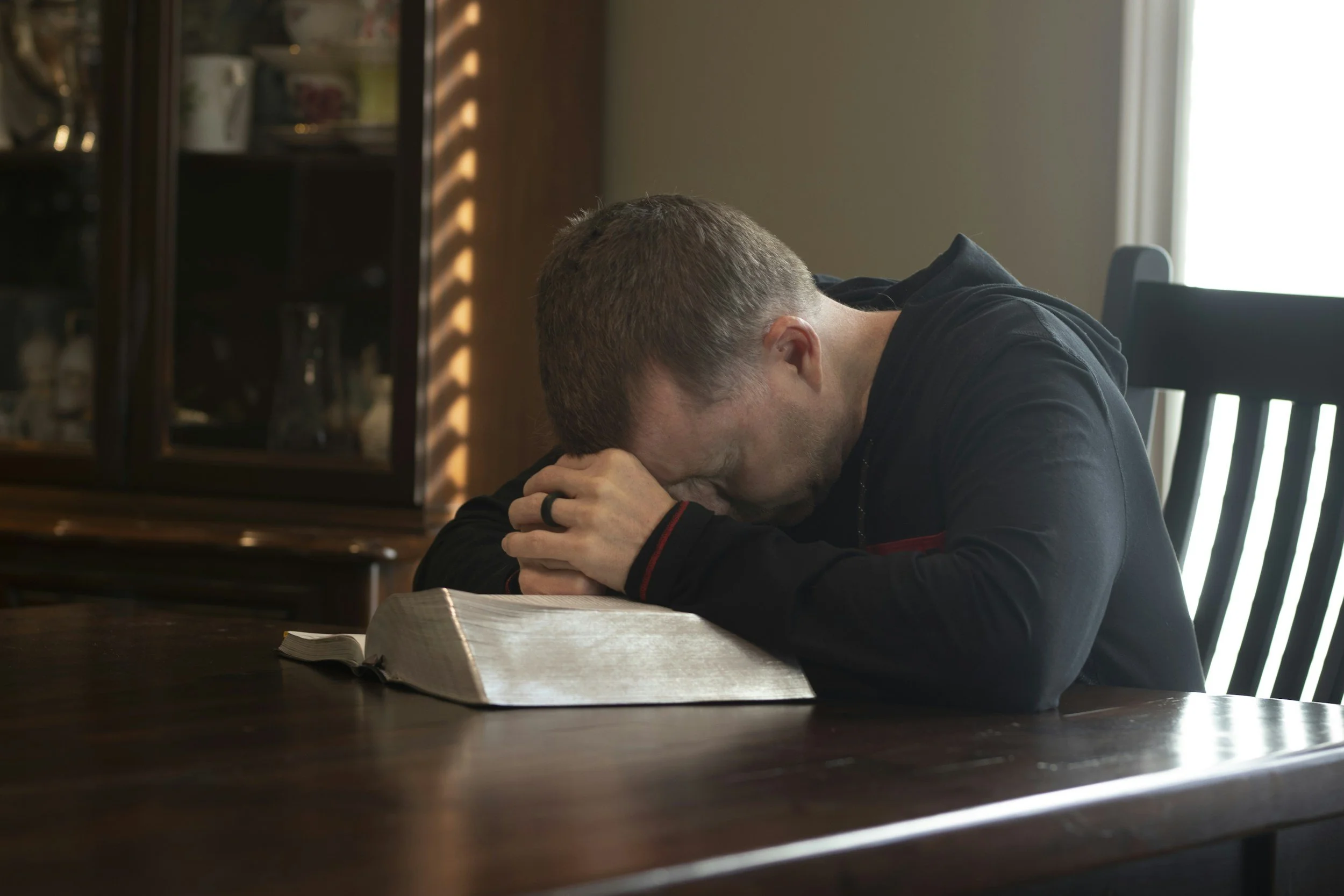Behold Jesus.
Respond in worship.
Pursue a life centered on Jesus.
Behold His glory. Live in His presence. Respond in worship.
Here you’ll find articles that equip and inspire you to behold Christ, cultivate rhythms of renewal, and build a life of worship that flows from the knowledge of God.
Christ-Centered Theology
Our theology is not just academic–it is the pursuit of the Living God. Explore articles that deepen your understanding of Scripture, anchor your heart in the gospel, and draw your worship towards Jesus Christ, the center of all truth and glory.
Worship that Beholds
Worship is not performance–it is beholding. In this section, discover how true worship flows from seeing Jesus rightly. Learn to lead and live from the place of adoration, intimacy, and Spirit-filled devotion.
Recent Blogs
Catch the latest articles from Relentless Pursuit Creative. Fresh insights on Christ-centered theology, worship, and rhythms of renewal–helping you pursue Him in every season.
Burning Heart Worship: The Beginning of Beholding Jesus
Worship begins not with music, but with beholding Jesus. Discover how the Emmaus Road reveals the secret to a burning heart of worship.
How Sound Doctrine Shapes True Worship
Worship doesn’t begin with a song—it begins with truth. Sound doctrine isn’t just for seminaries; it’s the soil where awe grows. When we see Christ clearly through Scripture, our worship becomes not just emotional expression but spiritual reality.
Why Every Worshiper Should Understand the Trinity
Why does the Trinity matter in worship? Discover how understanding God as Father, Son, and Spirit transforms your worship life and anchors your faith.





